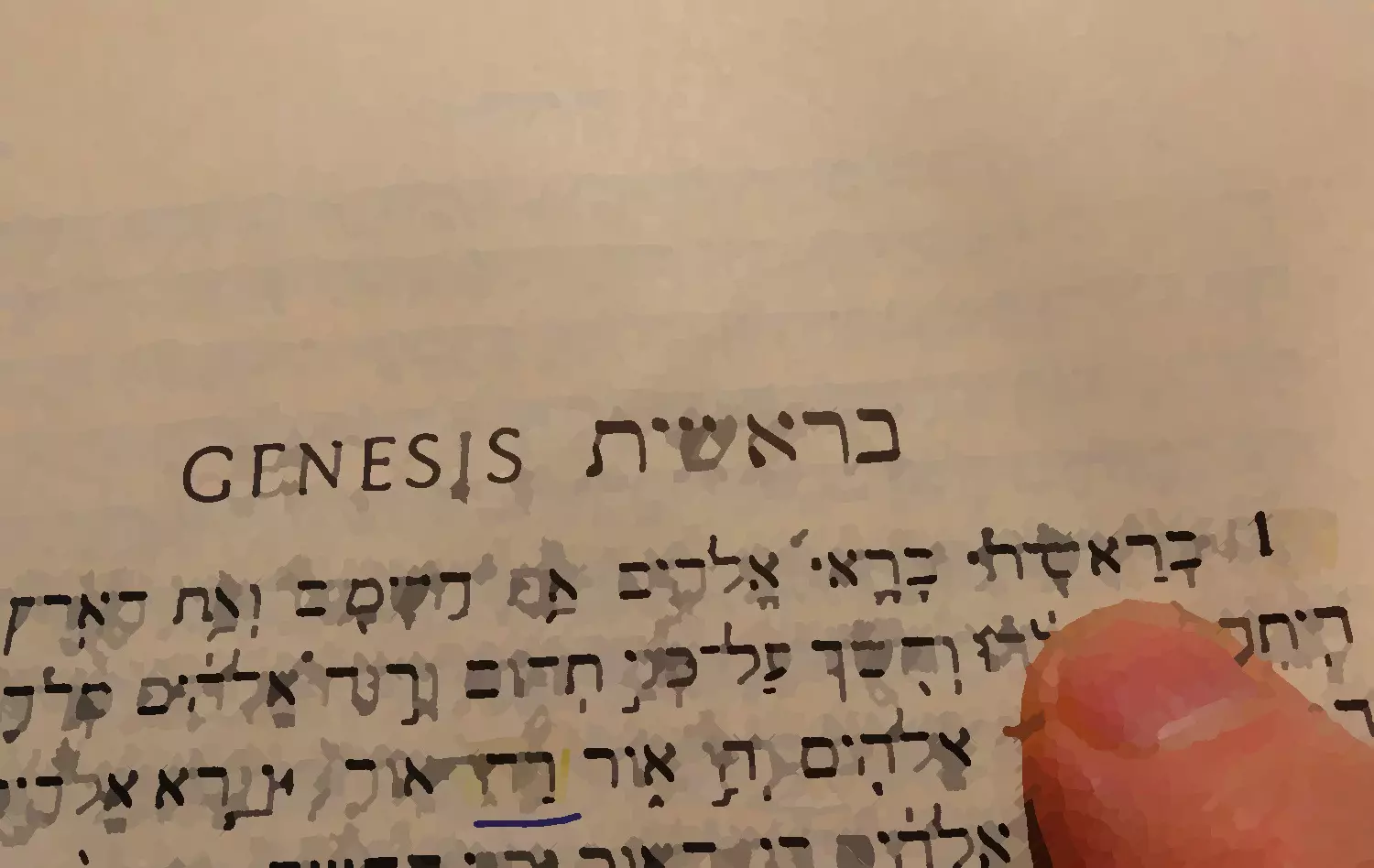As followers of Christ we are called to be in the world but not of it. Whether it’s at work, a softball league, or a book club, we connect with people who may not believe in the historical account of creation as told to us in the first chapter of Genesis. Some of these people have tough questions on creation.
Would you know how to answer them? Here are for of the more common questions someone may ask.
Are there two separate creation stories in the book of Genesis; one in chapter 1 and the second in chapter 2?
- In Genesis 1:26-27 it looks like God created man and woman together,
- but in Genesis 2:19-22 God created woman at a certain time after man.
- Also, it appears that in Genesis 2:19, God created man before animals
- but in Genesis 1:20-25, God created animals before man.
Both can’t be right. Or can they?
Here is the explanation: In the 1st chapter we read a quick “fly by,” a summary of creation. It gives us a chronological order of events. In chapter 2, God fills in the details of creation that were not given in chapter 1. Chapter 2 is not meant to be read chronologically but simply to give the reader added information regarding the creation account.
If Adam and Eve had two sons, Cain and Abel, then where did all the people come from? Where did Cain find his wife?
Adam and Eve had three sons that were mentioned by name—Cain, Abel, and Seth. Even though the first three children were given to us by name, Adam and Eve had other children.
After Seth was born, Adam lived 800 years and had other sons and daughters. Genesis 5:4
Cain then married a sister or possibly a niece. I know what you are thinking… you can’t marry a close relative. You’re right because your children would have too many genetic mistakes. But back in Genesis the genetic makeup was much stronger so that issue was not a problem.
But to marry a sister… that’s gross. Back in Genesis when you lived to 900 years you were out of the house before your parents stopped having kids and you didn’t have that brother-sister relationship. In fact, God did not forbid close relatives marrying until the time of Moses.
If a man marries his sister, the daughter of either his father or his mother and they have sexual relations, it is a disgrace. Leviticus 20:17
I know your Bible says the creation story is “6 days.” But were the 6 days of creation 24 hour days?
Yes they were. The Hebrew word for day is Yom, and could mean a 24 hour day or long periods of time. You have to look at the context or how the word is used in the text. Here is an example: In my Grandfather’s day it took 4 days to travel from Michigan to Florida. The word day was used twice in that sentence.
Which “day” was a 24 hour day? That’s right, it was the day used to tell us how long it took to travel. You knew that because there was a number associated with that day.
We know that the word day in the creation account was 24 hours long because each day had a number with it. And, so there would be no doubt that the word day was a 24 hour day, God also but in the phrase, “and there was evening and there was morning – the first day”. … “and there was morning and evening – the second day.”
When there is a number associated with the word day and evening and morning along with the word day, it means the word day is a 24 hour day.
We also have other Bible verses to verify the claim
Remember the Sabbath day by keeping it holy. Six days you shall labor and do all your work, but the seventh day is a Sabbath to the Lord your God. On it you shall not do any work… For in six days the Lord made the heavens and the earth, the sea, and all that is in them, but He rested on the seventh day. Exodus 20:8-9, 11
Does Genesis 1:15 say that the moon produces its own light?
And let them (sun and moon) be lights in the expanse of the sky to give light on the earth”. And it was so. God made two great lights – the greater light to govern the day and the lesser light to govern the night. Genesis 1:15-16a
The moon does not, on its own, produce light. It does, however, reflect the light of the sun, which makes sense since that is the best way to give a “lesser” light at night.
So, is the Bible incorrect and not the true Word of God? No, the Bible is not incorrect. We view our experiences by our position here on earth; the term is earth-centric.
- We say that the sun rises and sets, even though we know that the earth revolves around the sun and rotates on its axis.
- We say that the stars “come out” at night, when we know that they are always there, hidden during the day by the sun’s brighter light.
Our point of reference determines how we talk about what we see. The writer of Genesis, through the Holy Spirit, gives an accurate report of creation using an earth-centric view of the events.








The critics re-use these same objections ad nauseum. They have been thoroughly answered repeatedly and sufficiently. I suppose they are trying (like the serpent in the garden) to prey upon those who let doubt enter their mind but fail to find the right answer from God. But as long as they keep throwing these arguments against creation out there, we’ll keep answering! Great post. William